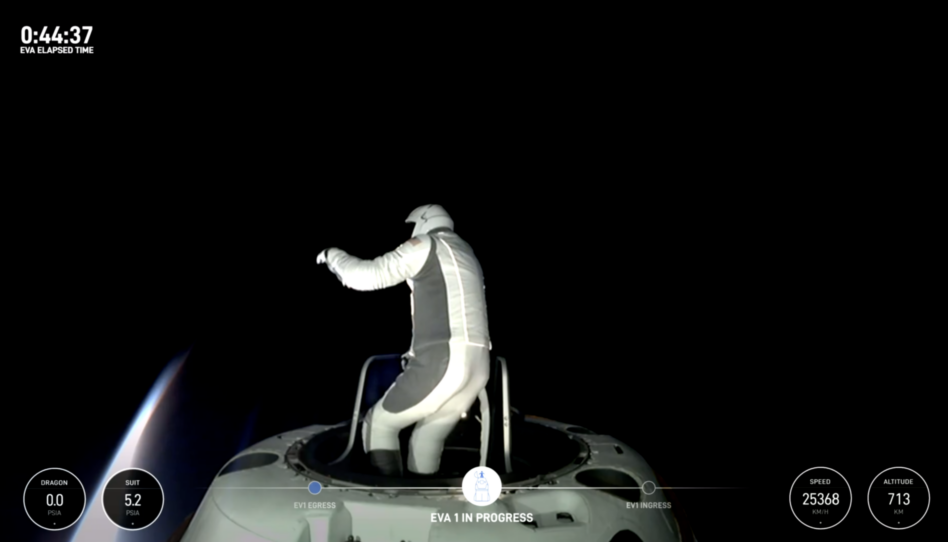Jared Isaacman’s nomination to lead NASA will come before the full Senate after being approved by the Senate Committee on Commerce, Science, and Transportation by a vote of 19-9.
The full body is expected to approve the nomination in the weeks ahead, but when that happens is subject to a procedural tug-of-war between the two political parties.
Price to pay: Committee Chair Sen. Ted Cruz (R-TX) made clear he was voting “yes” because of Isaacman’s commitment to prioritize the Artemis lunar program instead of Martian exploration. That may put Isaacman in conflict with SpaceX CEO Elon Musk, who definitely may or may not have been in the room when the NASA chief nominee won over President Donald Trump.
What will put Isaacman in conflict with Musk, however, are delays in SpaceX’s Starship program, which is expected to deliver astronauts to the surface of the Moon for NASA’s Artemis program. The agency expects two “Block 3” version Starships to demo propellant transfer capabilities sometime this year, to prepare for a 2027 lunar landing. Thus far, the first two “Block 2” Starship launches have ended with a bang.
Business case: A successful payments entrepreneur, Isaacman has earned praise from industry figures for his emphasis on (and enthusiastic participation in) the private space sector. His fan club includes the founders of Planet Labs, the Commercial Space Federation, and former Virgin Galactic CEO turned Congressman Rep. George Whitesides (D-CA).
Up next: More details on NASA’s budget are expected as soon as Friday, and cuts are expected to be significant. Space groups are warning that spending reductions could devastate NASA’s science agenda, and Isaacman will have to justify them.
Flashback: Isaacman earned more Democratic support than Jim Bridenstine, the NASA administrator during Trump’s first term. Bridenstine attracted no votes from the Democrats when his nomination was passed out of committee in 2017 of 14-13. Bridenstine attracted that opposition for his criticism of climate science and LGBTQ+ advocacy as a member of Congress; by contrast, Isaacman instituted DEI programs at his companies.




